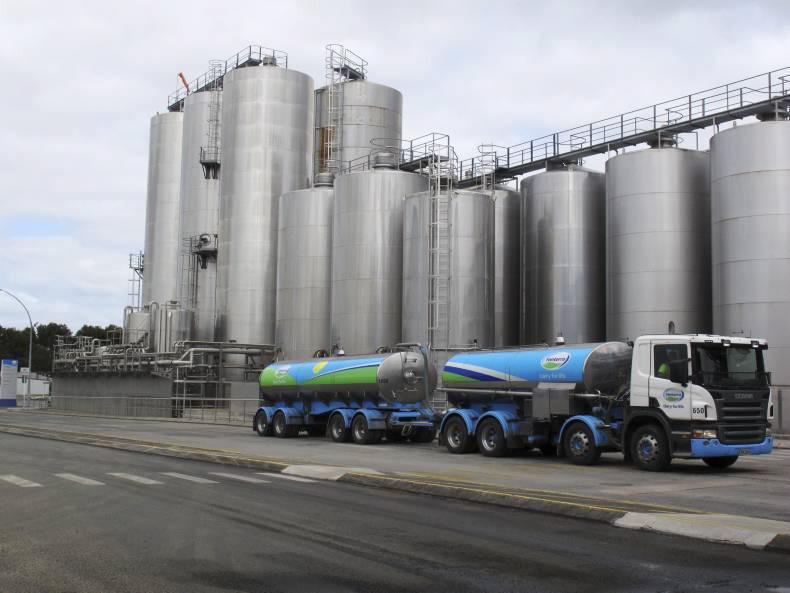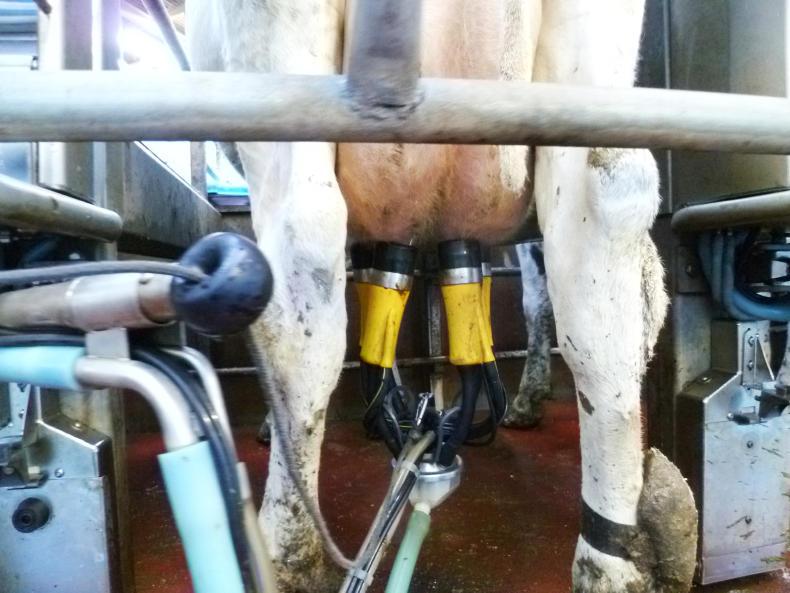In submissions to the Commerce Commission, which is undertaking a government ordered review of the industry’s competitiveness, rival processors either want the status quo or regulation tightened.
NZ’s farmer lobby group, Federated Farmers, says the DIRA (Dairy Industry Restructuring Act) 2001 will need to be amended if it is retained long-term.
Fonterra’s submission generally supports the process and methodology suggested in the commission’s consultation paper and says it will comment separately on substantive issues raised by the review.
The Co-op said the commission should consider the full period since the DIRA came into effect rather than the most recent five years, and that it was particularly important to examine the entire life cycle of entry and growth of independent processors.
Among the issues under investigation is whether the DIRA competition thresholds have been met.
The current thresholds free Fonterra from its obligation to supply milk to smaller competitors once 20% of supply is taken by competitors in both islands.
Fonterra has an 86% share of the country’s milk pool, down from 96% when it was set up in 2001.
Westland Milk Products said it had successfully attracted milk supply from new dairy conversions, but had been less successful in wooing existing Fonterra suppliers to switch.
Open Country, the country’s second largest milk processor, submitted that while competition between dairy processors is evolving, it hasn’t reached the point where it can discipline Fonterra’s market power without the open entry and exit regime that allows suppliers to switch over.
While independent processors have grown their market share, there has been the bankruptcy of New Zealand Dairies Ltd, and a series of recent and untested investments by new players.
Talleys Group, A 75% shareholder in Open Country, described the open entry/exit requirement as the singularly most important policy in the DIRA regime.
New dairy processor Miraka submitted that there was currently insufficient competition at the farmgate milk market and that the threshold should be lowered to 75% rather than 80% before deregulation is triggered.
Tatua said it had reservations about the review’s scope because it didn’t permit the possibility of better regulations to promote efficient New Zealand dairy markets, except as a pathway to deregulation.
Goldman Fielder, which competes in the domestic processed milk market with Fonterra Brands and other processors, said continued regulation was required to retain downstream competition, with independent processors unable to guarantee year round milk supply of the scale required.
It also said the current 20% was inadequate and should be changed to require 20% of milk solids required by independent processors at factory gate monthly for at least two years to ensure guaranteed year round supply.










SHARING OPTIONS